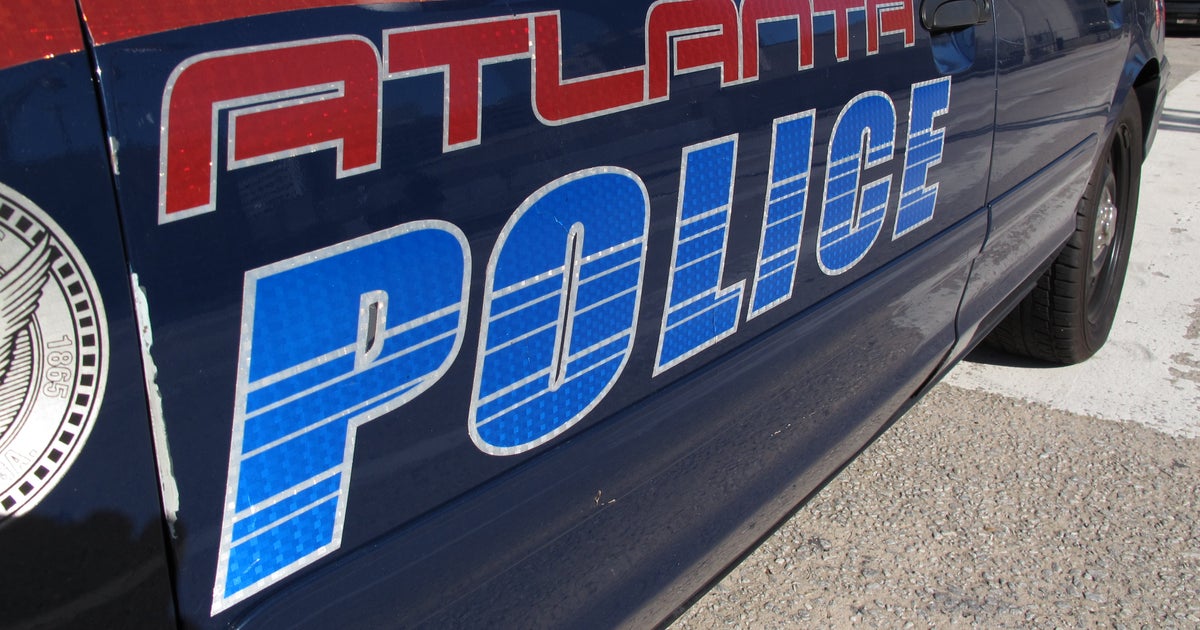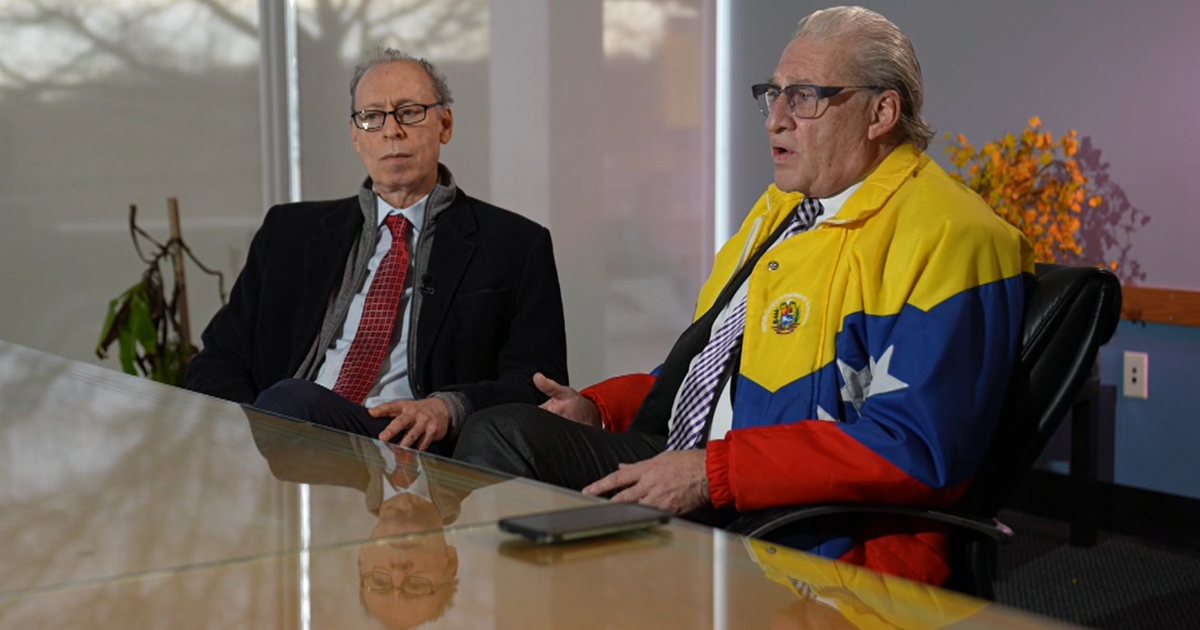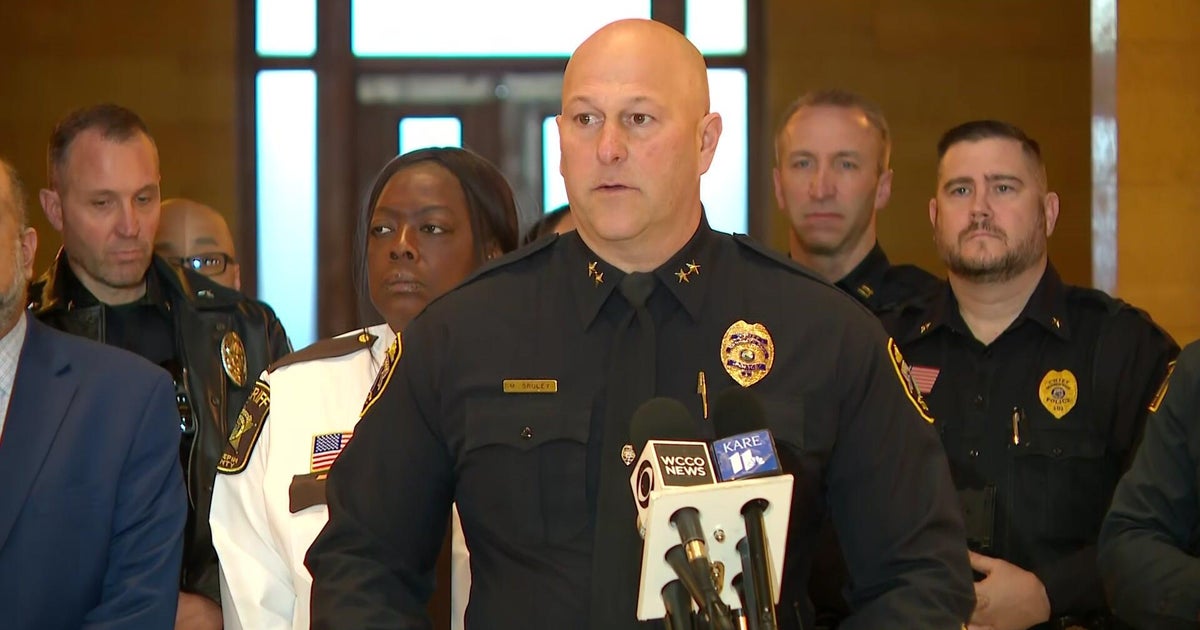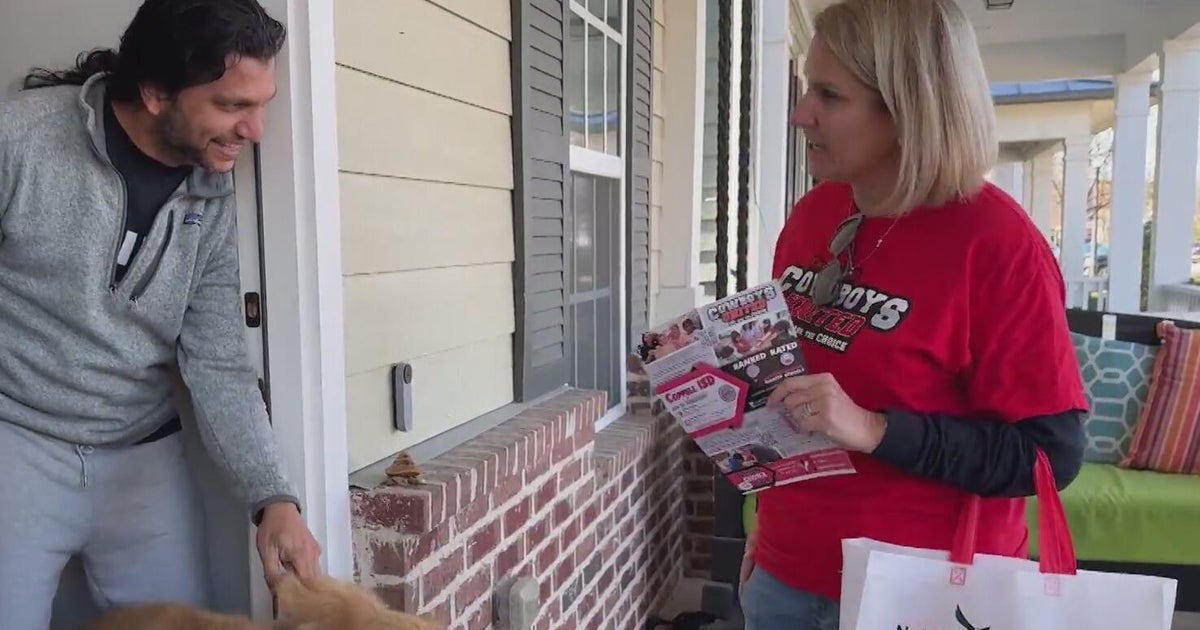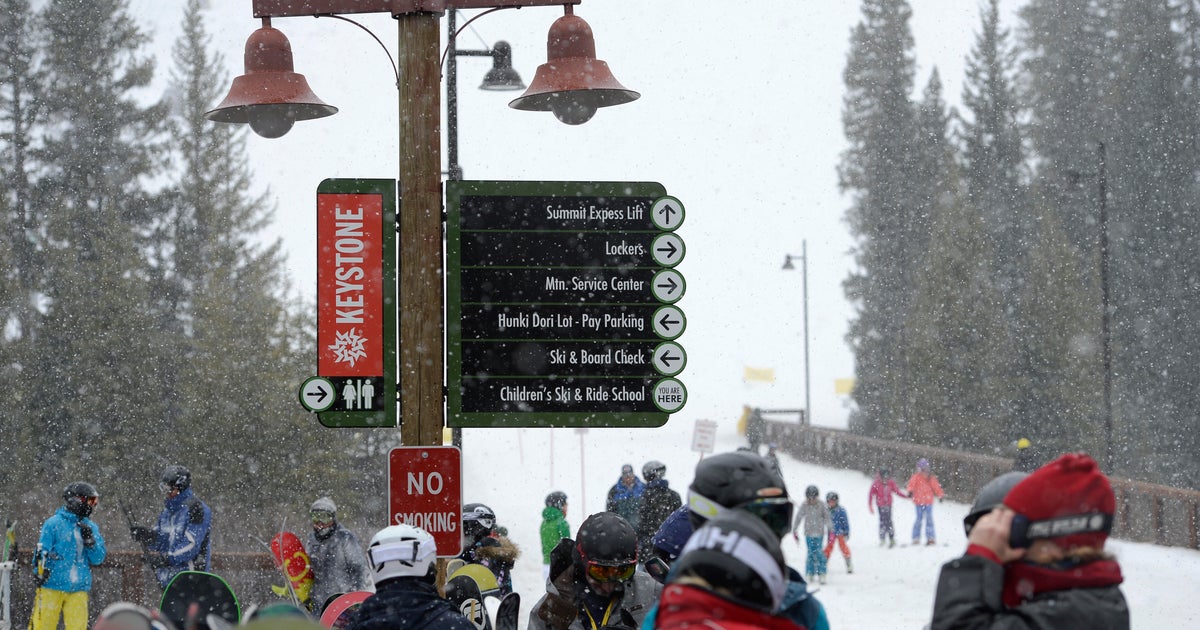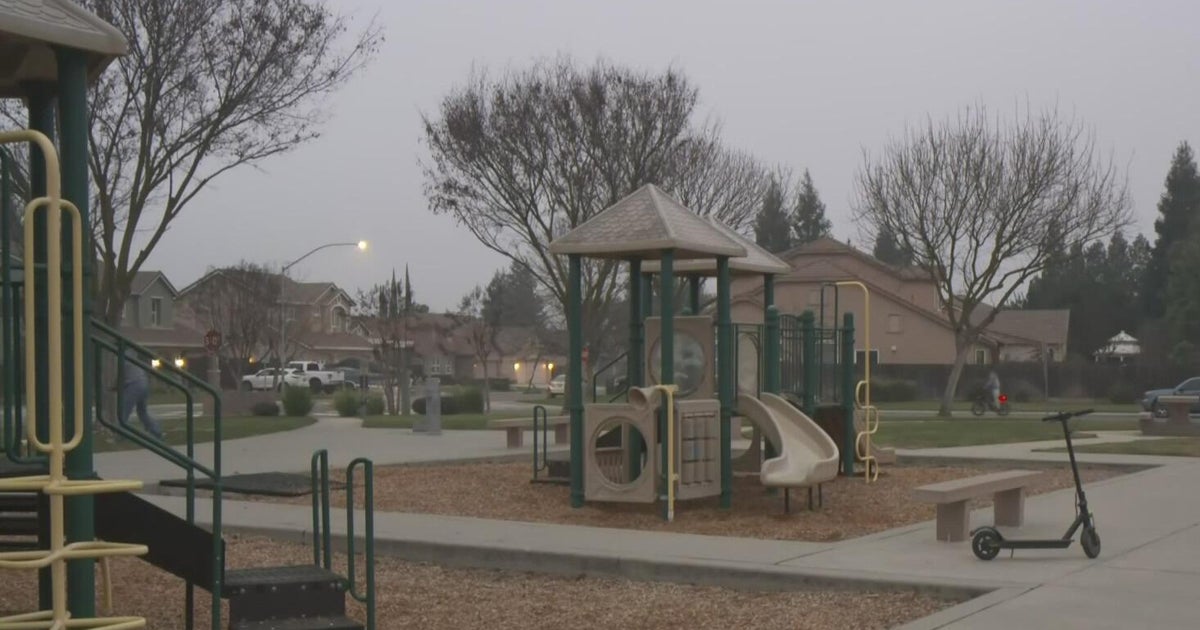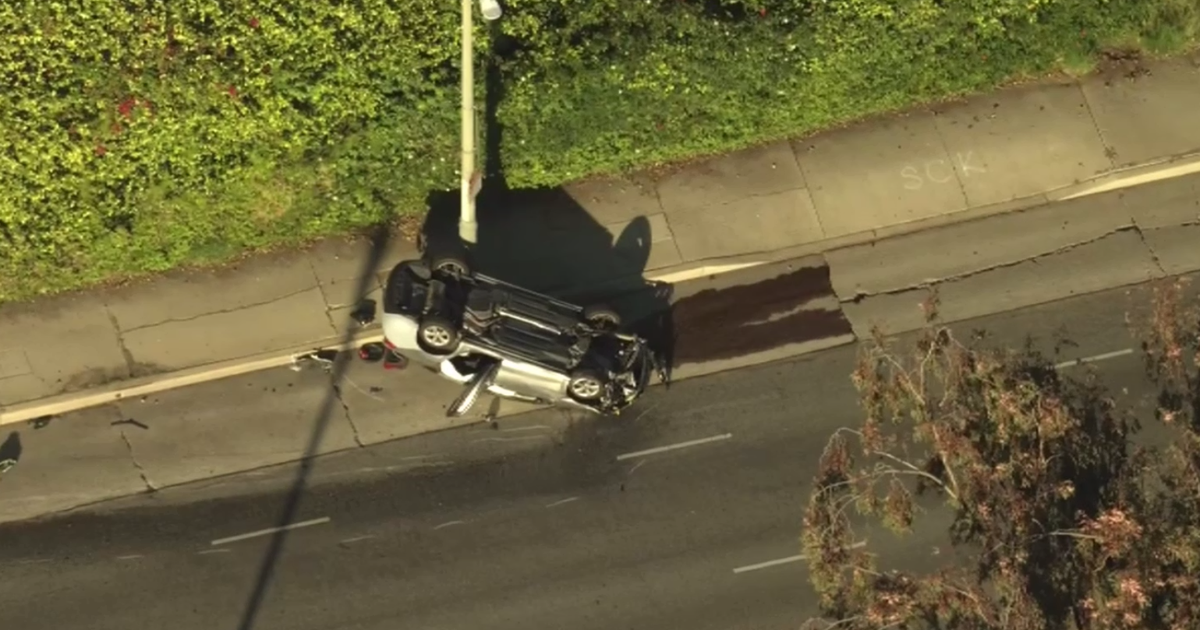Venezuelan gangs are trying to recruit children from migrant families. Here's what the NYPD is doing to stop them.
NEW YORK -- There is growing concern among the police over an increase in Venezuelan gang activity across New York City.
The NYPD believes some gang members are recruiting children living in migrant shelters, and that the members have blended in with the asylum seekers who began to arrive in the Big Apple in 2022.
"Once they commit their crimes they go back to the migrant community, where they assimilate themselves with people that are actually here obeying the laws," NYPD Chief of Detectives Joseph Kenny said.
NYPD is cracking down on Tren de Aragua
Police say Tren de Aragua is the Venezuelan gang that is living in the shelter system and recruiting children.
"We have 39 members of TDA that have been identified and we have an additional four members that have been identified of a subgroup called Little Devils of 42nd Street. Those are much younger kids," Kenny said.
And those are just the members police have been able to identify.
"We have no fingerprints on file for them. We have no photographs on file for them. We have no prior criminal history on them," Kenny said. "They swap out their IDs. We have no way of tracking or knowing who they are when they enter the country."
Kenny said undocumented criminals as young as 11 years old are carrying out retail robberies and committing crimes on scooters, like snatching people's jewelry, watches and cellphones at gunpoint and knifepoint. There were more than 300 incidents last year and more than 800 so far this year.
Kenny said they have brazenly shot at police officers, too.
"When we do make arrests and we're able to charge them on four, five, six incidents, when they go before a judge in New York City, and their arrest record is run, they show no prior criminal history," Kenny said. "They're released on their own recognizance. They're not offered bail and they're released back into the public."
Migrant parents worried gangs will go after their kids
Some migrant mothers told CBS News New York they fear their boys will be forced into the world of crime.
"People have warned us to be careful with the child because they are recruiting younger children. It worries me a lot," Airada Pereira said in Spanish.
Pereira and her 11-year-old son, Dillan Batista, live in a Manhattan migrant shelter. They arrived from Colombia last year. When she's not volunteering at Metro-Baptist Church, she says she's with her son, warning him of the dangers of gangs.
"We are afraid he will get recruited and they will force and manipulate him to do bad things. Things that will get him into trouble," Pereira said.
"I don't want to be like them"
Power Malu, co-founder of Resources Opportunities Connections and Community, is trying to keep migrant kids off the streets by creating youth programs, including a soccer club.
"I absolutely know that the soccer program is important for the kids to be able to get involved with something where they feel like they belong, and they are having fun as kids, being able to support each other, build community, and stay away from the streets, and be able to not have to get into the violence and get into the gang activity," Malu said.
More than 60 kids ages 5-14 have been enrolled so far, including Batista.
"It's fun because we get to eat pizza and I have so many friends and we play," he said.
He said he wants no part of the gang life.
"I don't want to be like them. I don't want to be bad. I want to be good, helping the people," Batista said.
Malu says more resources and spaces are needed to help the nearly 22,000 migrant kids in city shelters. They represent 38% of the migrant population currently in the system.
"The newest New Yorkers are coming here and they don't have any programs for them, so then they are looking to do something. They are looking for something to do. So they are easy targets," Malu said.
It's not just children being targeted
The NYPD is working with its federal partners to curb the growth of the gang violence sprouting at some migrant shelters from spilling onto city streets, and in some cases, detectives say, even among migrant families who are also becoming targets.
"What we are also seeing is the majority of the migrant community, sometimes themselves, are the victims of crimes. They are preyed upon by these gangs, and there's a reluctance to report it sometimes because they feel that that might get them deported or that might get them in trouble with the police," Kenny said.
Police say they're also seeing Venezuelan gang members recruit other migrants who are here from other countries. They say it's important to know that only a small portion of the migrant community is committing the majority of the crimes.

